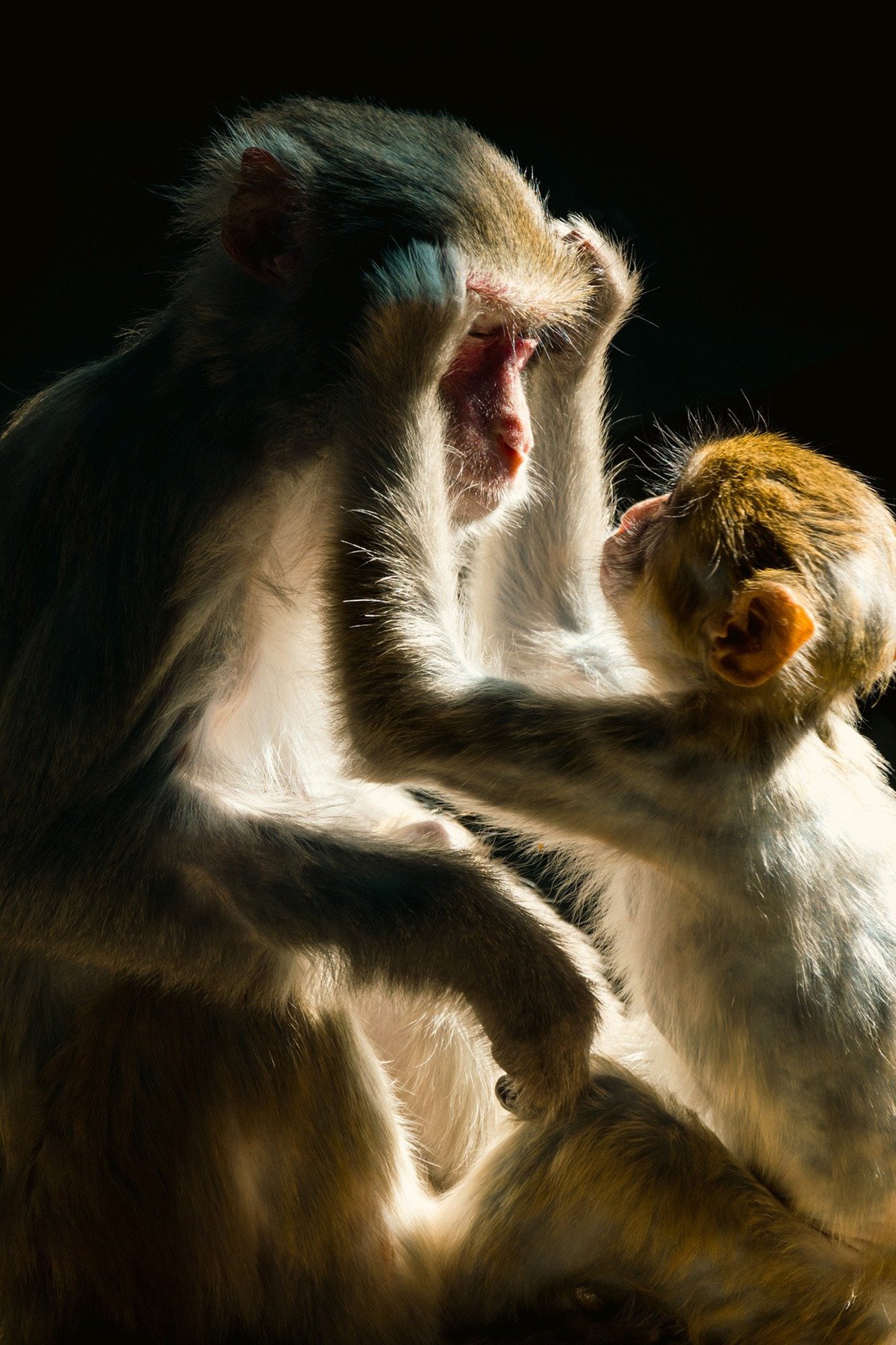A Cornell University study explores the role of maternal care in the evolution of long lifespans in humans and other mammals. Research by Matthew Zipple indicates that species where offspring rely on prolonged maternal care tend to live longer and reproduce less frequently. This pattern extends beyond primates to other mammals and supports theories linking longer lifespans to enhanced maternal and grandmother support, providing insights into phenomena such as menopause and intergenerational health.
Research from Cornell University suggests that prolonged maternal care contributes to longer lifespans and slower reproductive rates in humans and other mammals, supporting theories that explain extended maternal roles and menopause.
The relationship between mother and child may offer clues to the mystery of why humans live longer than expected for their size – and shed new light on what it means to be human – according to a new Cornell University study.
“It’s one of the really mysterious things about humans, the fact that we live these super long lives as compared to so many other mammals,” said Matthew Zipple, a Klarman Postdoctoral Fellow in neurobiology and behavior at Cornell University. “What we’re putting forward is that a part of the explanation for our long lifespan is this other foundational aspect of our lives, which is the relationship between the mother and her child.”
The paper was recently published in the Proceedings of the National Academy of Science.
In their models, Zipple and co-authors found consistently that in DOI: 10.1073/pnas.2403491121











/https://tf-cmsv2-smithsonianmag-media.s3.amazonaws.com/filer_public/34/31/3431771d-41e2-4f97-aed2-c5f1df5295da/gettyimages-1441066266_web.jpg)








Discussion about this post